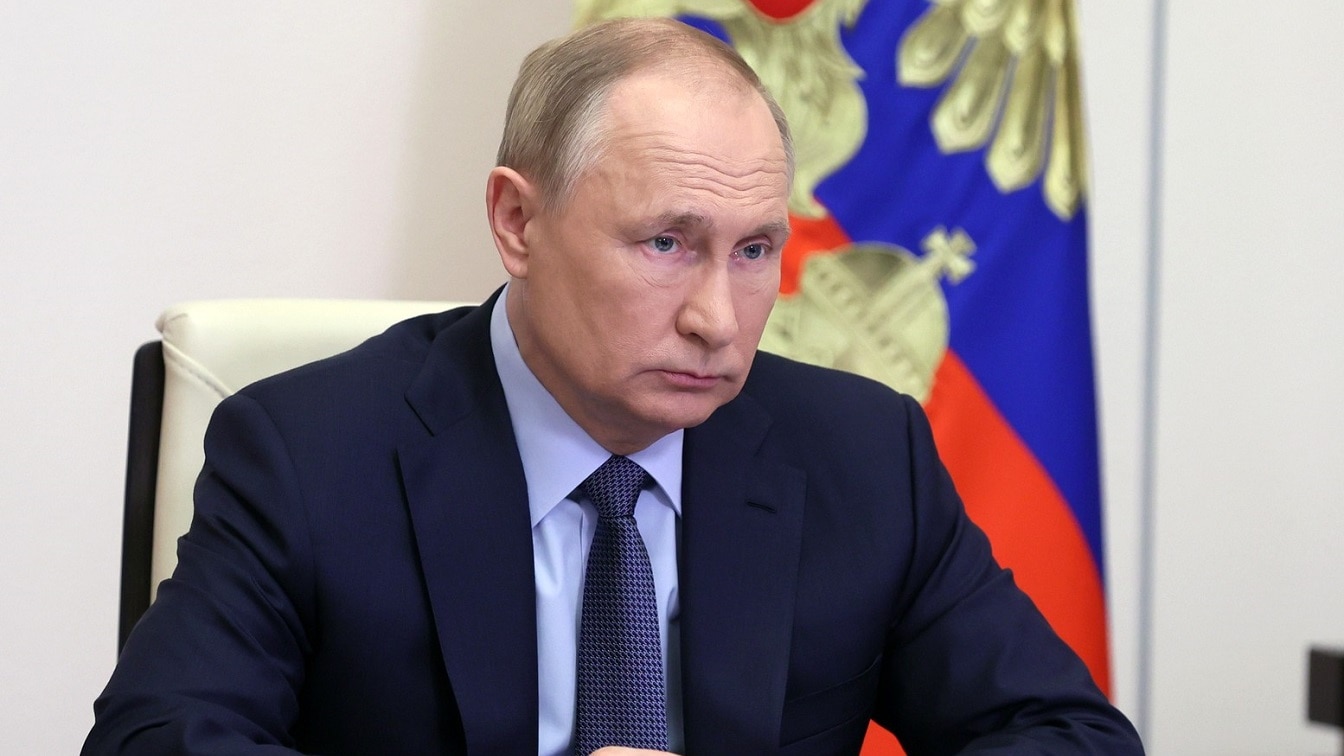Vladimir Putin reportedly survived an attempt to assassinate him with two drones. Putin immediately blamed Ukrainian authorities. He deserves no sympathy. After all, he began his failed blitzkrieg with attempts to murder Volodymyr Zelensky and decapitate the Ukrainian leadership.
Nor is assassination of world leaders necessarily illegal. Indeed, it could be moral if targeting the commander-in-chief responsible for aggression could prevent far greater bloodshed.
History remembers Colonel Claus von Stauffenberg, the Wehrmacht officer who tried to assassinate Adolf Hitler with a suitcase bomb in 1944, as a hero and not a villain.
That said, Ukrainian culpability is not clear. Flying drones into the heart of the Kremlin is not easy. At the very least, the attack would signal the greatest failure of Russian air defense since West German pilot Matthias Rust landed his small plane in Red Square in 1987.
Whether Ukraine was behind the attack or Putin’s own general staff, what is certain is that the perpetrators had inside intelligence. Whomever was behind the drone attack presumably understood both Putin’s schedule and where within Kremlin walls he might be.
This fact suggests a purge will come soon. Putin, a former intelligence officer himself, understands he has a leak. No Russian general officer or intelligence aide should risk standing by a window above the second floor or anywhere near the top of a flight of stairs, nor should they drink any tea unless they like the aftertaste of polonium.
The attack is a good thing. While the White House has sought to limit the fight and the destruction that accompanies it to Ukraine, President Joe Biden and National Security Advisor Jake Sullivan’s instincts are wrong. The best way to create a disincentive to aggression is to make the dictators responsible pay a personal price at home. By striking the heart of Moscow, those behind the drone strike are signaling not only to Putin that he can run but he cannot hide, but also to Chinese President Xi Jinping: If he strikes at Taiwan, he should expect to face retaliation in Beijing itself. Perhaps Turkish President Recep Tayyip Erdogan would be less willing to bomb Syrian and Iraqi Kurds if they had drones capable of reaching his palace in Ankara.
Indeed, rather than condemn the assault, perhaps the better Western reaction would be to remain publicly silent while simultaneously augmenting Ukraine’s drone fleet and providing them real-time intelligence on Putin and senior military officials’ locations.
Michael Rubin is a senior fellow at the American Enterprise Institute, where he specializes in Iran, Turkey, and the broader Middle East. A former Pentagon official, Dr. Rubin has lived in post-revolution Iran, Yemen, and both pre- and postwar Iraq. He also spent time with the Taliban before 9/11. For more than a decade, he taught classes at sea about the Horn of Africa and Middle East conflicts, culture, and terrorism, to deployed US Navy and Marine units.

